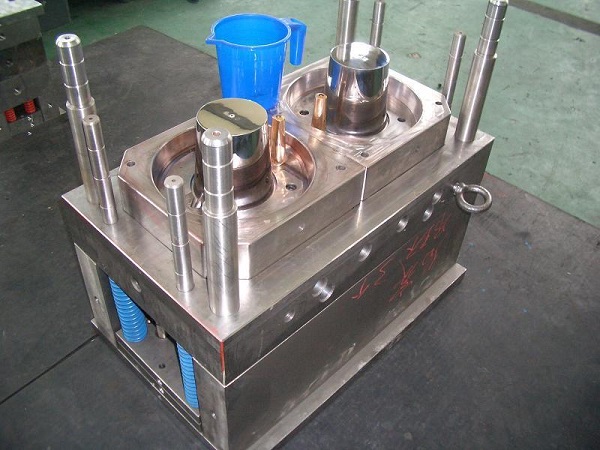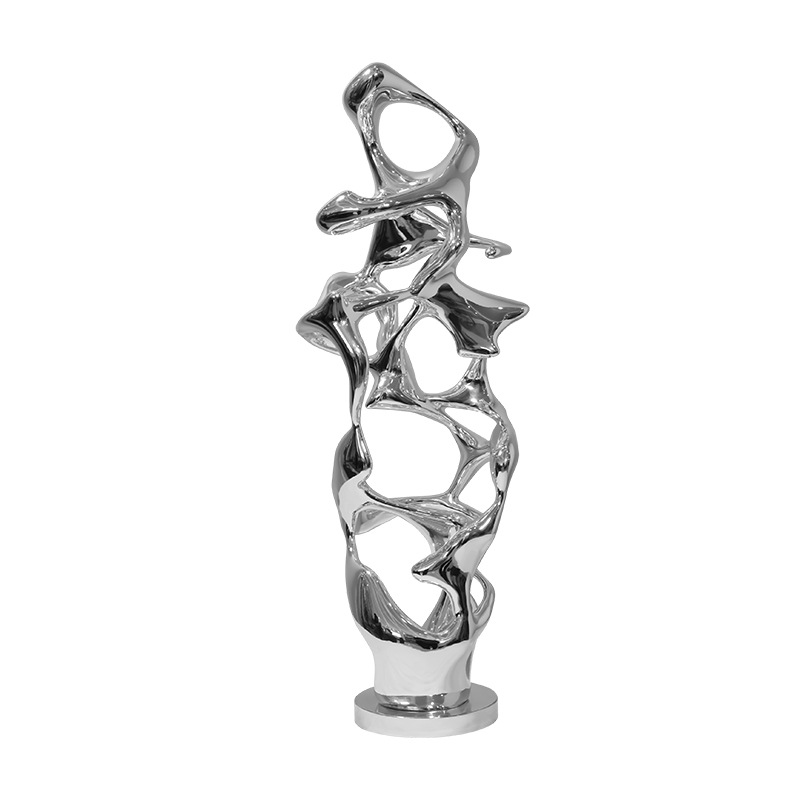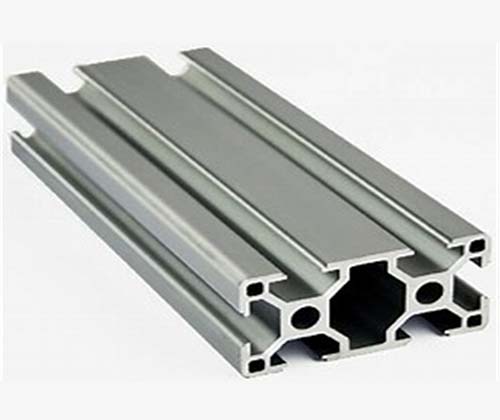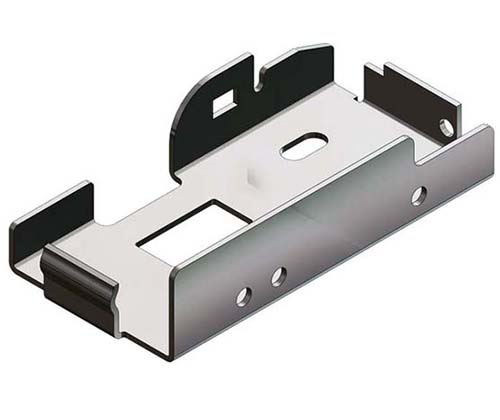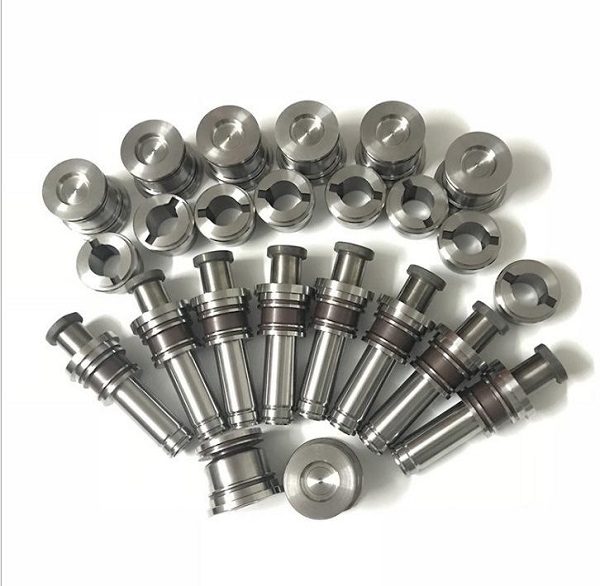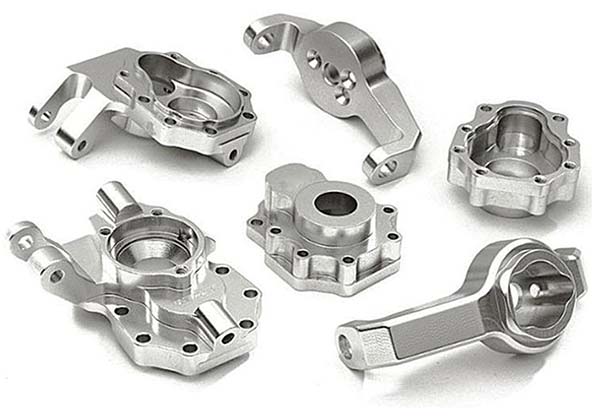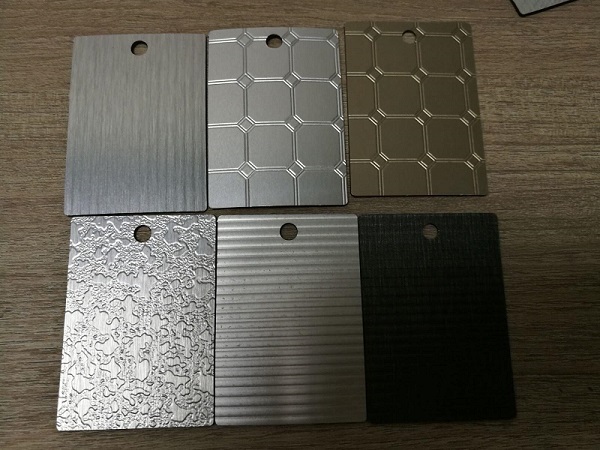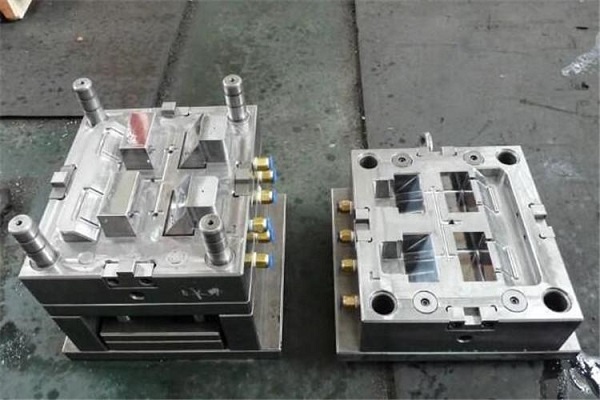If you’re asking this question, you’re likely in the middle of a project that needs professional metal fabrication, machining, or finishing—whether it’s for industrial equipment, custom parts, or architectural elements. The short answer is: look for a company with proven expertise in your specific metal type, a track record of meeting deadlines, transparent pricing, and the technical capacity to handle your project’s unique requirements. But to make a truly informed decision, let’s break down everything you need to know about metal working companies, from what they do to how to vet them effectively.
What Services Do Metal Working Companies Typically Offer?
A full-service metal working company doesn’t just “cut metal”—it provides end-to-end solutions tailored to different industries, from automotive and aerospace to construction and consumer goods. Understanding their core services helps you match a company to your project’s needs. Here’s a breakdown of the most common offerings:
- Metal Fabrication: This includes cutting, bending, and assembling metal into finished products. For example, a company might fabricate stainless steel enclosures for medical devices or aluminum frames for commercial buildings. One mid-sized firm in Ohio, Precision Fabricators Inc., shared that 60% of their work involves custom fabrication for the agriculture sector, where they create durable grain storage components using laser cutting and robotic welding.
- CNC Machining: Computer Numerical Control (CNC) machining uses automated tools to shape metal with extreme precision (often to tolerances of ±0.001 inches). This is critical for parts like aerospace fasteners or automotive engine components. A study by the Association for Manufacturing Technology found that CNC-machined parts reduce error rates by 40% compared to manual machining.
- Metal Finishing: After fabrication or machining, finishing processes protect metal from corrosion and improve its appearance. Common methods include powder coating, galvanizing, and anodizing. For instance, a marine industry client might require galvanized steel to resist saltwater damage—reputable companies will test finishes to meet industry standards like ASTM B633 for zinc plating.
- Prototyping and Design Support: Many metal working companies offer in-house engineering support to help refine your design for manufacturability (DFM). This can save time and money: a 2023 survey by Fabrication & Metalworking Magazine found that projects with DFM input from the metal working company were completed 25% faster than those without.
Key Factors to Evaluate When Selecting a Metal Working Company
Not all metal working companies are the same—some specialize in small-batch custom work, while others focus on high-volume production. To narrow down your options, use this structured checklist:
1. Industry Expertise and Specialization
Look for a company that has experience in your industry. For example, if you need parts for the food and beverage sector, you’ll want a company familiar with food-grade stainless steel (like 316L) and compliance with FDA regulations. A case in point: FoodSafe Metals, a company in Wisconsin, only works with food-industry clients and has third-party certifications to prove their materials meet FDA standards—this reduces the risk of contamination for their customers.
2. Technical Capabilities and Equipment
Ask about the equipment they use and whether it can handle your project’s specs. For example:
- Do they have laser cutters that can handle thick metals (1 inch or more) if your project requires it?
- Do they offer 5-axis CNC machining for complex, 3D-shaped parts?
- Can they handle large-scale projects (e.g., 10-foot-tall structural steel beams) or small, intricate components (e.g., micro-machined parts for electronics)?
A company without the right equipment may outsource parts of your project, which can lead to delays and miscommunication.
3. Quality Control Processes
Quality is non-negotiable in metal working—even a tiny flaw can cause a part to fail, leading to safety risks or costly rework. Ask the company to explain their quality control (QC) steps. Reputable firms will:
- Inspect raw materials for defects before starting work.
- Use precision measuring tools (like coordinate measuring machines, or CMMs) to check parts during and after production.
- Provide certificates of compliance (CoCs) that verify parts meet your specifications or industry standards (e.g., ISO 9001, AS9100 for aerospace).
For example, Aerospace Precision Inc., a California-based company, conducts 100% CMM inspections on all aerospace parts and shares inspection reports with clients—this level of transparency builds trust, especially for high-stakes projects.
4. Pricing and Timeline Transparency
Avoid companies that give vague quotes or rush to start work without clarifying timelines. A good metal working company will:
- Provide a detailed quote that breaks down costs (materials, labor, finishing, etc.)—no hidden fees.
- Set realistic deadlines and communicate upfront if there are potential delays (e.g., material shortages).
- Offer options to adjust the project (e.g., switching to a more cost-effective metal) if your budget is tight.
A 2024 survey by Industrial Buyer Insights found that 78% of buyers cited “unexpected cost increases” as their top frustration with metal working companies—so clarity here is key.
Common Metal Types Handled by Metal Working Companies
Different metals have unique properties, and not all companies excel at working with every type. Here’s a quick guide to help you understand which metals are best for your project—and what to ask a company about their experience with them:
| Metal Type | Key Properties | Common Uses | What to Ask the Company |
| Steel (Carbon Steel, Stainless Steel) | Strong, durable; stainless steel resists corrosion | Structural beams, automotive parts, kitchen equipment | “Do you have experience with [specific steel grade, e.g., 304 stainless steel]? Can you handle welding thick steel plates?” |
| Aluminum | Lightweight, corrosion-resistant, malleable | Aerospace parts, window frames, consumer electronics | “Do you offer anodizing for aluminum parts? Can you machine aluminum to tight tolerances?” |
| Copper | Excellent conductivity, malleable | Electrical wiring, plumbing fixtures, heat exchangers | “Do you have processes to prevent copper oxidation during fabrication?” |
| Titanium | High strength-to-weight ratio, biocompatible | Medical implants, aerospace components | “Do you have specialized equipment for machining titanium (it’s harder than steel)?” |
Trends Shaping the Metal Working Industry in 2024
Staying aware of industry trends can help you choose a forward-thinking company that uses modern, efficient methods. Here are three key trends to look for:
1. Automation and Robotics
More metal working companies are using robots for tasks like welding and material handling. This isn’t just about speed—robotic welding, for example, produces consistent, high-quality welds with fewer defects. Midwest Metal Works, a Michigan-based firm, reported that adding robotic welders reduced their rework rate by 35% and allowed them to take on more projects without increasing staff.
2. Sustainability Practices
As environmental regulations tighten, many companies are adopting eco-friendly practices:
- Using recycled metal (recycled steel uses 74% less energy than producing new steel, according to the Steel Recycling Institute).
- Reducing waste by optimizing material cutting (e.g., using software to nest parts closely together on a metal sheet).
- Using low-VOC (volatile organic compound) finishes to minimize air pollution.
If sustainability is a priority for your business, ask the company about their green initiatives—this can also help you meet your own environmental goals.
3. Digital Collaboration Tools
Top metal working companies now use digital tools to keep clients informed throughout the project. For example:
- Shared project management platforms (like Asana or Monday.com) where you can track progress in real time.
- 3D modeling software to review designs before production starts.
- Digital delivery of QC reports and CoCs.
This level of collaboration reduces miscommunication—Digital Fabrication Co., a Texas-based company, says clients who use their online portal are 20% more satisfied with project outcomes because they always know what’s happening.
Yigu Technology’s Perspective on Metal Working Companies
At Yigu Technology, we believe that the best metal working partnerships are built on three pillars: expertise, transparency, and alignment with your project goals. Too often, businesses rush to choose a company based solely on price, only to face delays or quality issues later. We recommend prioritizing companies that take the time to understand your unique needs—whether you’re a small business needing a single custom part or a large manufacturer requiring high-volume production. Additionally, in an era of rapid technological change, partnering with a company that invests in automation and sustainability isn’t just a “nice-to-have”—it’s a way to ensure your project is efficient, cost-effective, and future-proof. Look for firms that don’t just “do the work” but act as a strategic partner, offering insights to improve your design or reduce costs.
FAQ About Metal Working Companies
1. How long does a typical metal working project take?
Timelines vary based on project complexity and volume. A small custom part (e.g., a single CNC-machined bracket) might take 1–2 weeks, while a large fabrication project (e.g., structural steel for a building) could take 4–8 weeks. Always ask for a detailed timeline upfront, including time for design reviews and QC.
2. Can a metal working company help me refine my design?
Yes—most reputable companies offer DFM support. Their engineers can suggest changes to make your design easier to manufacture (e.g., adjusting a part’s shape to reduce machining time) without compromising functionality. This can save you money and speed up production.
3. What if I’m not sure which metal is best for my project?
A good metal working company will guide you. They’ll ask about your project’s requirements (e.g., strength, weight, exposure to corrosion) and recommend the right metal type and grade. For example, if your part will be used outdoors, they might suggest galvanized steel or aluminum instead of carbon steel.
4. Do metal working companies offer warranties on their work?
Many do—warranties typically cover defects in materials or workmanship for a set period (e.g., 6 months to 1 year). Be sure to ask about warranty terms before starting the project, and get them in writing.
5. How can I verify a metal working company’s reputation?
Check online reviews (on platforms like Google or IndustryNet), ask for references from past clients, and look for industry certifications (e.g., ISO 9001, AS9100). You can also ask to visit their facility (in-person or virtually) to see their equipment and processes firsthand.
